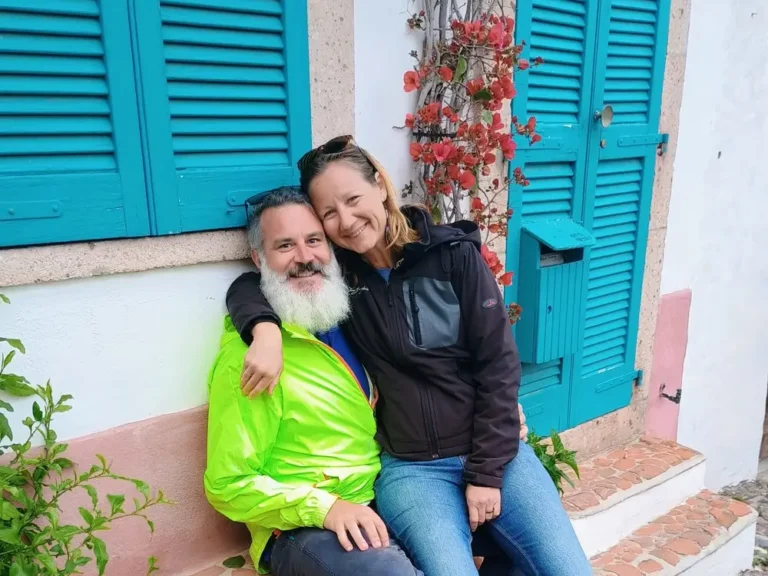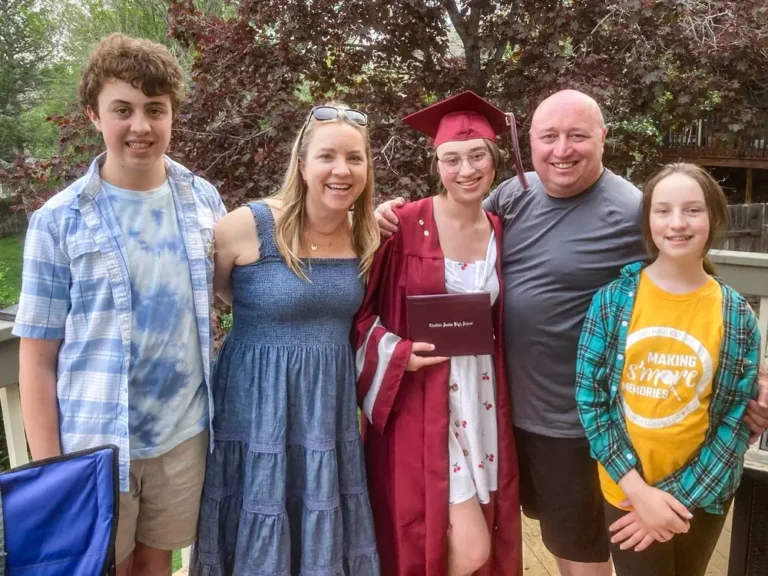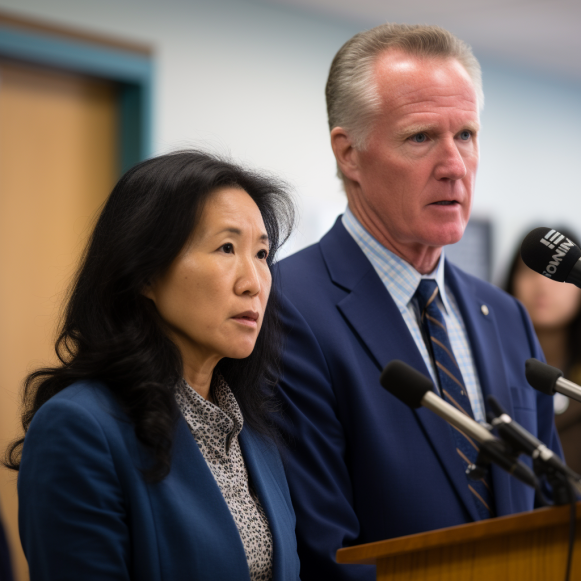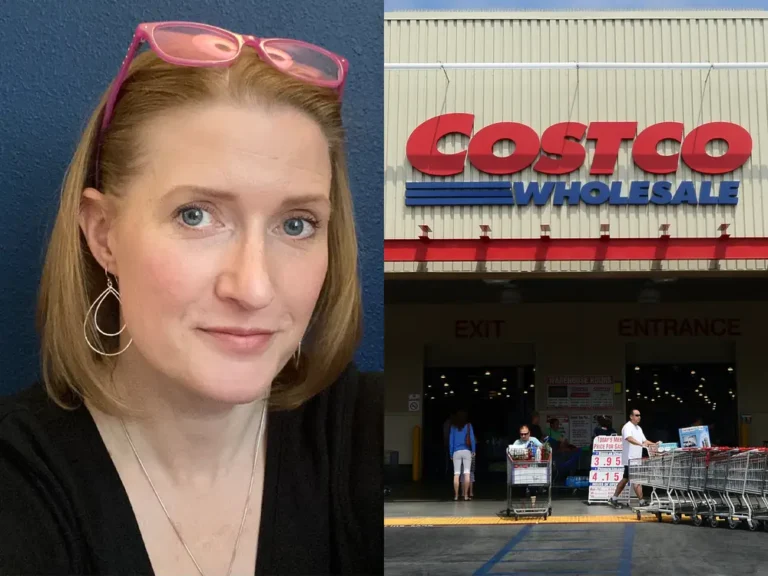Editorial: Feinstein succeeded by eschewing political partisanship
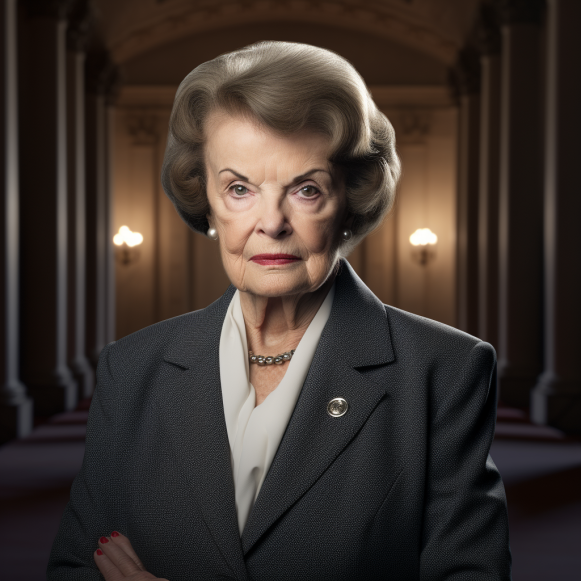
Senator’s willingness to pragmatically reach across the aisle contrasted with today’s era of polarized governing
In this day and age of hyperpartisanship in state and national politics, elected officials in Sacramento and Washington, D.C. should pause to consider Sen. Dianne Feinstein’s willingness to reach across the aisle pragmatically.
Feinstein, the nation’s oldest senator, California’s first woman elected to the upper house of Congress, and the longest-serving female senator in American history, died Thursday night at her home in Washington. She was 90 years old.
Too many people with short-term memories will remember her for refusing to resign her Senate seat as her health deteriorated and her mental acuity deteriorated. However, focusing solely on the last few years of her life overlooks the significance of her political career, which spanned more than half a century.
Feinstein was not a partisan politician. She was a trailblazer and great leader who was wary of getting too far ahead of the state’s diverse electorate. It’s a legacy that Gov. Gavin Newsom should honor when naming her successor.
Feinstein’s political career began in 1969, when she was elected to the San Francisco Board of Supervisors. After Mayor George Moscone and Supervisor Harvey Milk were assassinated in City Hall in 1978, she was a much-needed calming influence in her hometown.
Feinstein’s election to the United States Senate in 1992, as well as her legislative accomplishments during her three decades in Congress, demonstrated the wisdom of her politically measured approach.
Feinstein was a liberal on many issues: she was the author of a national assault weapons ban that lasted a decade, a supporter of abortion rights, the author of the California Desert Protection Act, a proponent of fuel-efficient vehicle standards, and a vocal opponent of the CIA’s use of torture.
Feinstein was also a pragmatist who crossed party lines to represent the core centrists of her state’s voters. She advocated for tighter border security and harsher penalties for those who illegally employ migrants. Her support for Central Valley agricultural water interests infuriated environmentalists, including fellow California Senator Barbara Boxer.
She would eventually change her mind on some issues, such as her initial opposition to same-sex marriage and support for the death penalty. Her vote to authorize the Iraq war in 2002 was the decision she said she regretted the most.
To be sure, she was a reliable Democratic vote in the Senate during the era of divided government, as she should have been. But she did so without revealing her political party affiliation.
During her reelection campaign in 2018, Feinstein was chastised by Democrats for urging voters to have “patience” with then-President Donald Trump. It was a tactical move rather than an endorsement of the president’s positions. She recognized that simply railing against him would achieve little legislatively.
It’s the kind of measured political approach Newsom should value as he chooses someone to fill the remaining 114 years of her term. The governor, who has stated that he intends to appoint a Black woman to the position, has wisely stated that he wishes to make a “interim appointment.”
In other words, he doesn’t want to tip the scales in favor of any of the candidates running in the 2024 election to fill the seat for the next six years. This has enraged Rep. Barbara Lee, D-Oakland, a Black woman who has struggled to gain statewide support despite running as the hard-left candidate in race.
What Lee fails to recognize, and Newsom appears to recognize, is that no candidate is entitled to the six-year term, and the winner should be determined through the statewide electoral process. It’s the kind of voter courtesy Feinstein would have appreciated.

